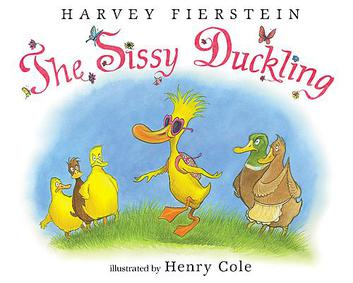“There’s a class that needs to be taught every day, that’s
compassion. Teach the kids to be kind to one another” ~ Ellen Degeneres
Ellen Degeneres, a famous comedian and show host, is an advocate for anti bullying in general. Her parting words on every show, are "Be Kind to One Another". She is a great role model, and she happens to be gay (which doesn't stop millions of people from watching her show). This video has clips from her past segments on anti gay bullying. On one episode, she invited the mother of a young man who committed suicide to be on her show to get public attention to what is happening to our youth. In this part, Ellen cries out to everyone that this has to be stopped. We are in a crisis, and it seems like every one is too afraid to make a stand on the issue. She begs that teachers help teach the kids at school compassion, and to not stay neutral on such topics. Bullying is never acceptable. Bullying to the point where these kids feel there is no way out is downright outrageous.
Elmer is a duck who gets bullied because he is a "sissy". He is even misunderstood by his father. Elmer performs a courageous act to save his father, and proves he is no different from any other duck.
"One Dad, Two Dad, Brown Dad, Blue Dad" by Johnny Valentine is also a great book to help children understand that not everybodies family dynamic is the same.
Finally, I looked into some ideas to get the anti gay bullying movement going through out the whole school. Many of these programs have chapters, so there is one near us, or we can start one up.
Here are some school programs:
Gay Lesbian Straight Enducation Network http://www.glsen.org/cgi-bin/iowa/all/home/index.html
Geared toward younger grades. Nice tips on using inclusive language!http://www.welcomingschools.org/
Help with keeping in mind the needs of LGBT students in schools.
Class discussion: http://www.ric.edu/unitycenter/lgbtq.php I wonder if going to the Unity Center would help if we had any additional questions or needed ideas on how to help our students more effectively.




